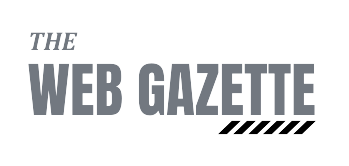IRS has announced sweeping efforts to restore fairness to tax system with Inflation Reduction Act funding; new compliance efforts have the IRS focused on partnerships, corporations, high-income, and promoters abusing tax rules on the books.

Agency focus will shift attention to wealthy from working-class taxpayers; key changes coming to reduce burden on average taxpayers while using Artificial Intelligence and improved technology to identify sophisticated schemes to avoid taxes.
Capitalizing on Inflation Reduction Act funding and following a top-to-bottom review of enforcement efforts, the Internal Revenue Service announced the start of a sweeping, historic effort to restore fairness in tax compliance by shifting more attention onto high-income earners, partnerships, large corporations and promoters abusing the nation’s tax laws.
The effort, building off work following last August’s IRA funding, will center on adding more attention on wealthy, partnerships and other high earners that have seen sharp drops in audit rates for these taxpayer segments during the past decade. The changes will be driven with the help of improved technology as well as Artificial Intelligence that will help IRS compliance teams better detect tax cheating, identify emerging compliance threats and improve case selection tools to avoid burdening taxpayers with needless “no-change” audits.
As part of the effort, the IRS will also ensure audit rates do not increase for those earning less than $400,000 a year as well as adding new fairness safeguards for those claiming the Earned Income Tax Credit. The EITC was designed to help workers with modest incomes. Audit rates of those receiving the EITC remain at high levels in recent years while rates dropped precipitously for those with higher income, partnerships and others with more complex tax situations. The IRS will also be working to ensure unscrupulous tax preparers do not exploit people claiming these important tax credits.
“This new compliance push makes good on the promise of the Inflation Reduction Act to ensure the IRS holds our wealthiest filers accountable to pay the full amount of what they owe,” said IRS Commissioner Danny Werfel. “The years of underfunding that predated the Inflation Reduction Act led to the lowest audit rate of wealthy filers in our history. I am committed to reversing this trend, making sure that new funding will mean more effective compliance efforts on the wealthy, while middle- and low-income filers will continue to see no change in historically low pre-IRA audit rates for years to come.”








